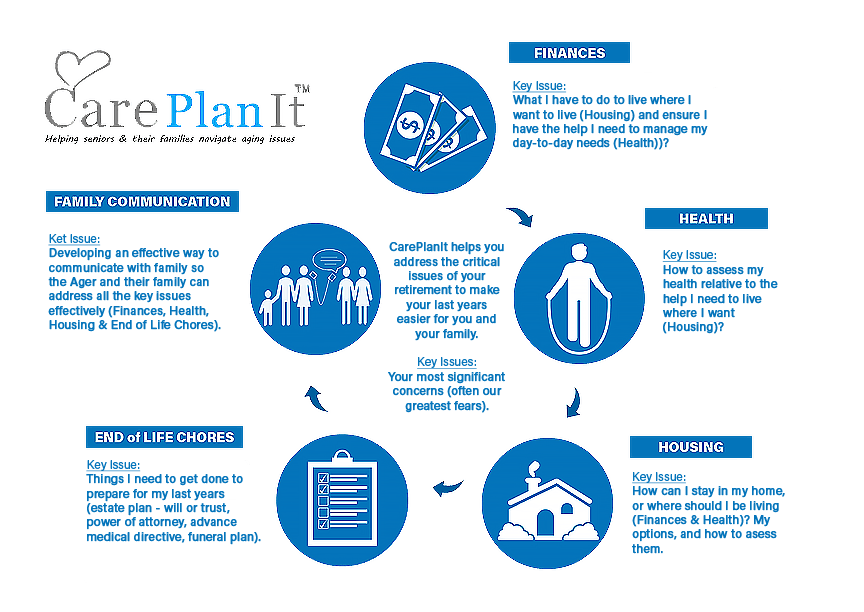
Babies Know How To Get What They Need
They laugh, they smile, they cry, they hug, they eat, they belch, and they poop. They have no money and trouble rolling over, but they’re loved, have a place to live, a loving family, get lots of attention, and even convince people to speak a unique language (i.e., baby language, of course).
In their first few months, babies have no idea they are unique and separate from the world. They perceive one world, a kind of baby village designed just for them. They don’t know who you are, only that you feed them and keep them safe.
Over time babies learn who you are and how to get you to do what they want. They discover you’re different from them and give them the food, hugs, warmth, and safety they need. This is why they cry when you leave – it’s called separation anxiety.
By three, most children are seeking some level of autonomy. “I do it,” is how a child often asks you to refrain from doing it for them. As their brain grows, babies can comprehend and do more. They start to explore the world. This desire for autonomy keeps growing. But babies still need lots of family support.
Babies Can Teach Us About Our Old Age
Turns out there are lots of similarities between babies and their families, and seniors and their families. As we age, we become more dependent on others. We need help managing our life. If we live long enough, we’ll need help maintaining our home, paying bills, and getting food. Many of us will need help cooking, eating, dressing, and going to the bathroom.
However, unlike a baby, we’ve spent almost all of our life embracing autonomy. Culturally, adulthood is synonymous with autonomy. It’s in our Constitution. We commonly refer to it as freedom. As adults, when we lose our freedom it often means we’ve been put in jail. If we have to give up that freedom or things that represent it like driving, it’s like losing our independence. We get a kind of autonomy separation anxiety and it can make us angry.
Seniors Are Cared For By Communities
For seniors, it’s challenging to move from autonomy to accepting help from family, community, and other caregivers. But, that’s who cares for seniors today: it’s a community effort. People have been living past sixty-five only for about seventy years. In other words, taking care of seniors over the age of seventy is new. We’re all learning how to do it.
We Need To Be A Little More Like Babies
A good baby is a delight. They smile and laugh and don’t do a lot of crying and complaining. Family members, neighbors, and babysitters enjoy caring for them. As seniors, more smiles and thank yous may get us more hugs, love, and visits from our family. Can’t hurt to give it a try. That may require giving up some of our autonomy and compromising more with our children.
Giving up autonomy is not our only challenge. Unlike a baby who’s blessed with a growing brain, ours is likely shrinking. Dementia, specifically Alzheimer’s, is literally the disintegration of the brain. Holding onto autonomy when we’re having trouble being autonomous creates lots of frustration for our family. This is why it’s important to consider changes while we’re relatively healthy, wealthy, and wise.
CarePlanIt Framework
At CarePlanIt we discovered for Agers and their family, age-related issues fall into one of five categories. We call the Agers that master them Super Agers. Super Agers live their life on their terms with help from family and community. The rest of us will probably live out the end of our life poorly and based on other people’s wishes.
The image below highlights CarePlanIt’s five Master Techniques and why they’re essential.

FINANCES
This content helps you assess your financial situation or that of a loved one. The content answers question like how much do I have, how much do I need, and how do I increase my resources? From our biggest concern point of view, what do I have to do to live where I want to live (Housing) and if I need help, how much (Health) and how can I get it (Finances, Family)?
HEALTH
This content helps assess the ability to manage your daily life. If you need help, what kind of halp? We also address what this help costs, and how to optimize this help so you can use the help to live where you want to live.
HOUSING
How can I stay in my home for as long as possible? If I need to move, what are my options? How do I assess, evaluate and prioritize my options?
END of LIFE CHORES
What we need to do toward the end of our life so our wishes are followed and our last years reflect our goals, not the goals of others. This content covers estate planning - wills and trusts, advance medical directives, power of attorney, and funeral plans.
FAMILY COMMUNICATION
This content assesses effective ways to communicate with family so the Ager and their family can address key issues (Finances, Health, Housing & End of Life Chores). It helps seniors and their family address and optimize challenges related to aging.
Explore this website for more information about the Master Techniques of aging.